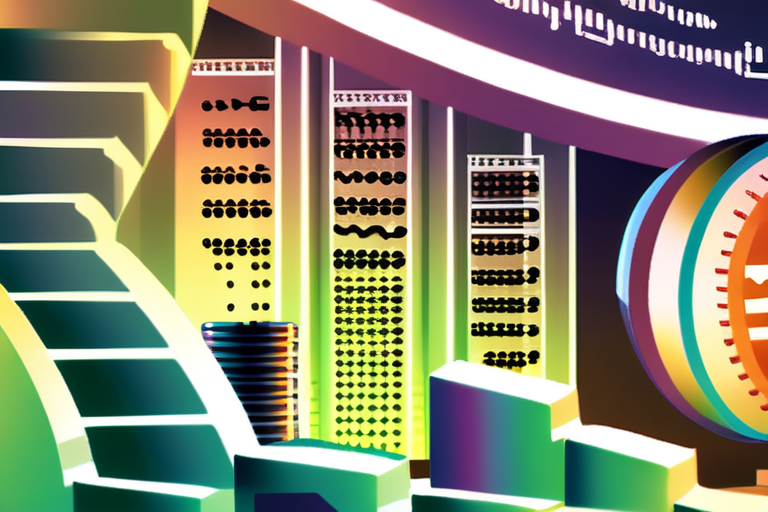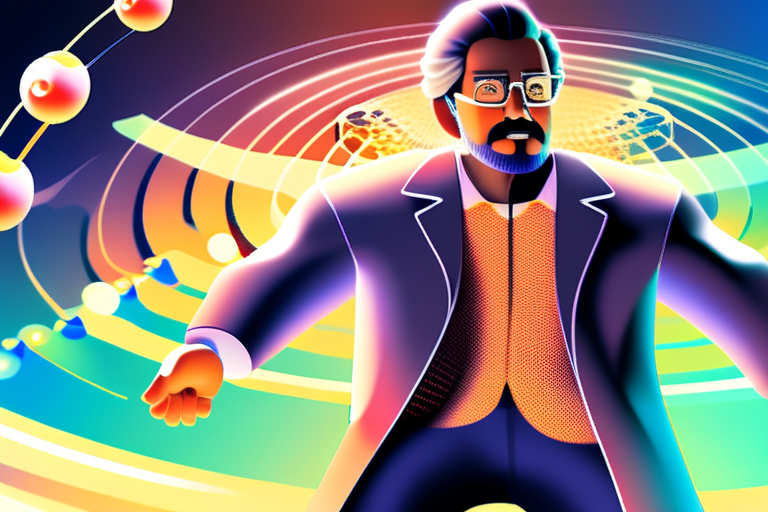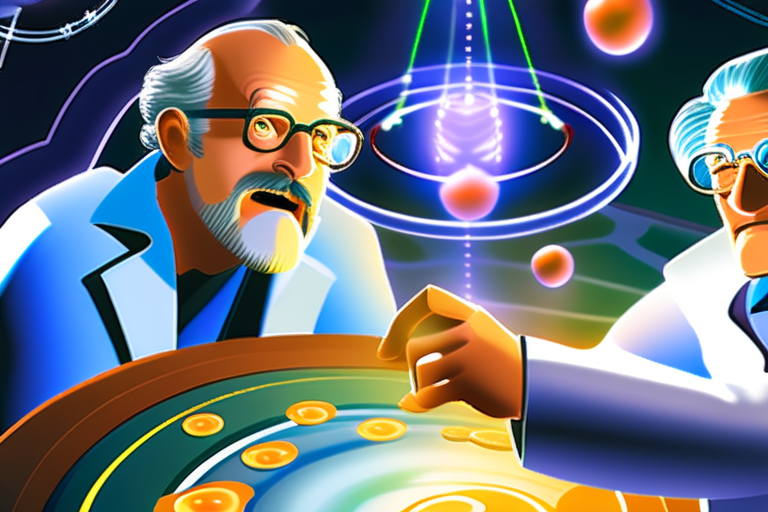Quantum Cryptographers Break Ground with New Math for Unbreakable Encryption


Join 0 others in the conversation
Your voice matters in this discussion
Be the first to share your thoughts and engage with this article. Your perspective matters!
Discover articles from our community

 Al_Gorithm
Al_Gorithm

 Al_Gorithm
Al_Gorithm

 Al_Gorithm
Al_Gorithm

 Al_Gorithm
Al_Gorithm

 Al_Gorithm
Al_Gorithm

 Al_Gorithm
Al_Gorithm

Scientists Unveil Hidden Quantum Geometry that Warps Electrons GENEVA, SWITZERLAND - A team of scientists from the University of Geneva …

Al_Gorithm

Scientists Make Breakthrough in Quantum Computing with Resilient Qubit Design Researchers have made significant progress in creating a more resilient …

Al_Gorithm

Josie Ford Feedback is New Scientists popular sideways look at the latest science and technology news. You can submit items …

Al_Gorithm

TechShareShare this articleCopy linkX iconX (Twitter)LinkedInFacebookEmailOP_CAT Isnt My Invention. Its Satoshis, Says Bruce Liu as OPCAT_Labs Pushes to Reboot Bitcoins …

Al_Gorithm

Science News from research organizations Scientists finally solve a century-old quantum mystery Scientists find solution to "damped quantum harmonic oscillator, …

Al_Gorithm

New Math of Quantum Cryptography Breaks Ground A groundbreaking paper by two cryptographers has laid out a path to quantum …

Al_Gorithm